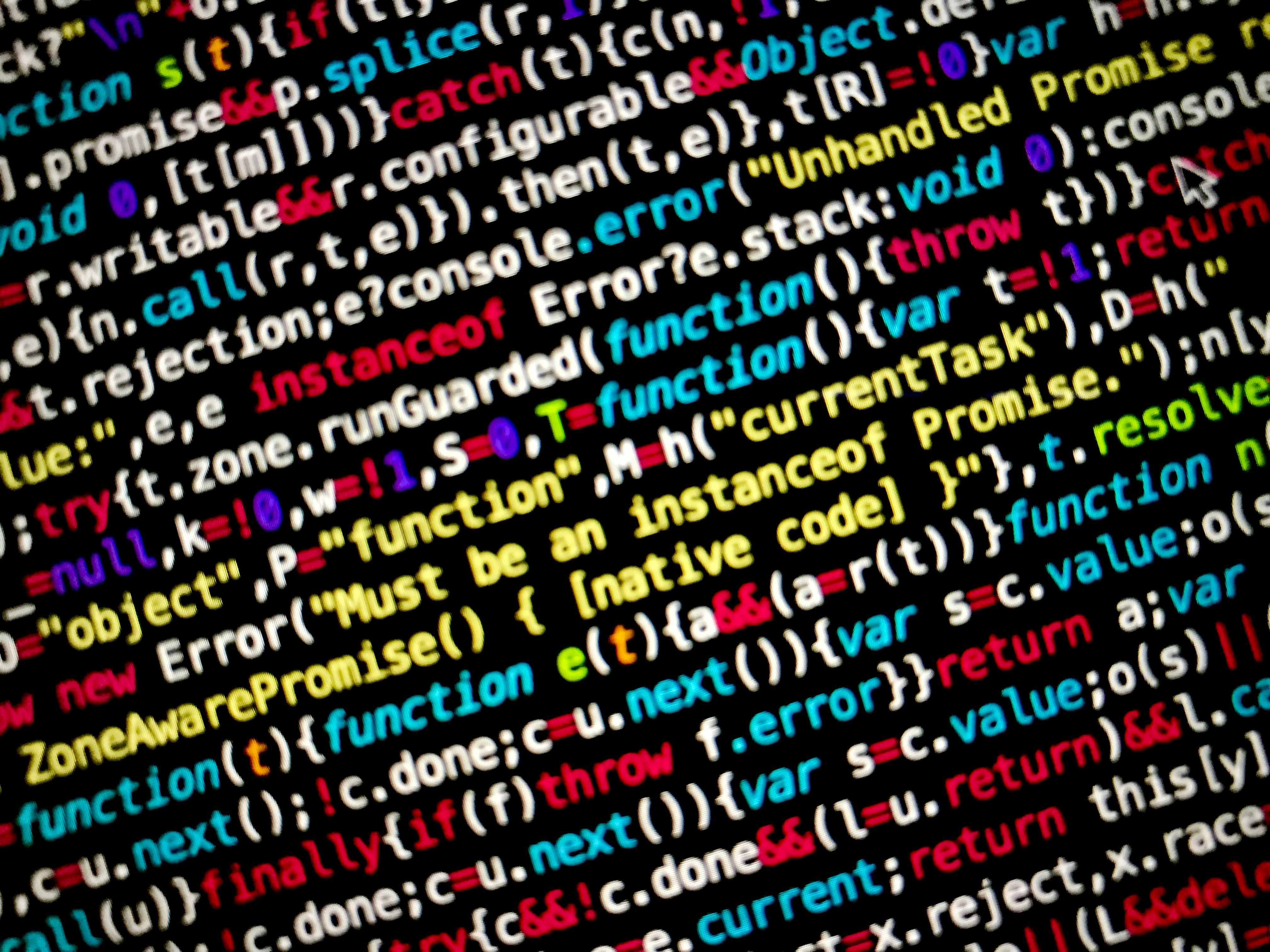Fundamental Role of Human Interaction in Cybersecurity: Insight into Cyber-Physical Security Tactics
The Pivotal Role of Human Expertise in Modern Cybersecurity Defense Strategies
Amidst rapid advancements in artificial intelligence (AI) and machine learning (ML), the importance of human intuition and decision-making in the realm of cybersecurity is being reiterated. While these technologies bring significant data processing and threat detection capabilities, experts argue that human insight is indispensable.
AI systems, with their ability to identify patterns and anomalies, indeed offer remarkable advantages. However, they lack the contextual comprehension only the human mind can provide. As noted by Cybersecurity expert Clifford May, "machines may be swift in processing data, but they don't grasp context and intent as a human investigator does."
AI and ML function as potent allies, enhancing efficiency in data analysis. Nevertheless, their reliance on learning from past data poses a challenge. They may fall short in countering novel threats that exploit their own algorithms. "Technology might automate repetitive tasks, but it cannot replace human judgment," states Samantha Green, a senior analyst in cybersecurity. Thus, while AI gathers intelligence, decisions and evaluations remain the domain of human expertise. Humans are essential in discerning false positives and recognizing advanced, multi-stage cyber incidents that machines could potentially miss.
As sophisticated cyber threats emerge, the need for human involvement escalates. Adversaries continuously develop methods to evade detection, often overwhelming automated systems devoid of adaptive reasoning. In contrast, experienced cybersecurity professionals can predict potential attack vectors based on their knowledge of human behavior and global technological trends, thereby counteracting yet-to-be-manifest threats.
Organizations prioritize continuous training of personnel, understanding that well-prepared teams create robust first lines of defense. "Our strongest defense mechanism is an informed and vigilant workforce," states Tara Simmons, head of IT Security at a Fortune 500 company. Implementing comprehensive training programs not only equips employees to repel potential attacks but also cultivates a security-conscious culture within the organization.
In conclusion, the future of cybersecurity lies in the harmonious blend of human insight and technological prowess. While AI and ML evolve to aid in the fight against cybercrime, human expertise, adaptability, and interpretative skills remain essential, securing the "human touch" as a crucial component of modern cybersecurity defense strategies.
The dynamic interplay between technology and human skills is crucial as we progress toward future cybersecurity frameworks that not only react to threats but also anticipate and preempt them in an increasingly complex and evolving cyber landscape.
- Cybersecurity experts agree that even with advancements in AI and ML, human insight is indispensable in modern cybersecurity defense strategies, as machines may be swift in processing data but lack the contextual comprehension only a human mind can provide.
- Recognizing the shortcomings of AI and ML in countering novel threats that exploit their own algorithms, experienced cybersecurity professionals utilize their knowledge of human behavior and global technological trends to predict potential attack vectors, thereby counteracting yet-to-be-manifest threats.
- In the face of ever-evolving cyber threats, organizations emphasize continuous training of personnel to create robust first lines of defense. On this note, Tara Simmons, head of IT Security at a Fortune 500 company, asserts that our best defense mechanism is an informed and vigilant workforce, cultivated through comprehensive training programs that not only equip employees to repel potential attacks but also foster a security-conscious culture within the organization.







